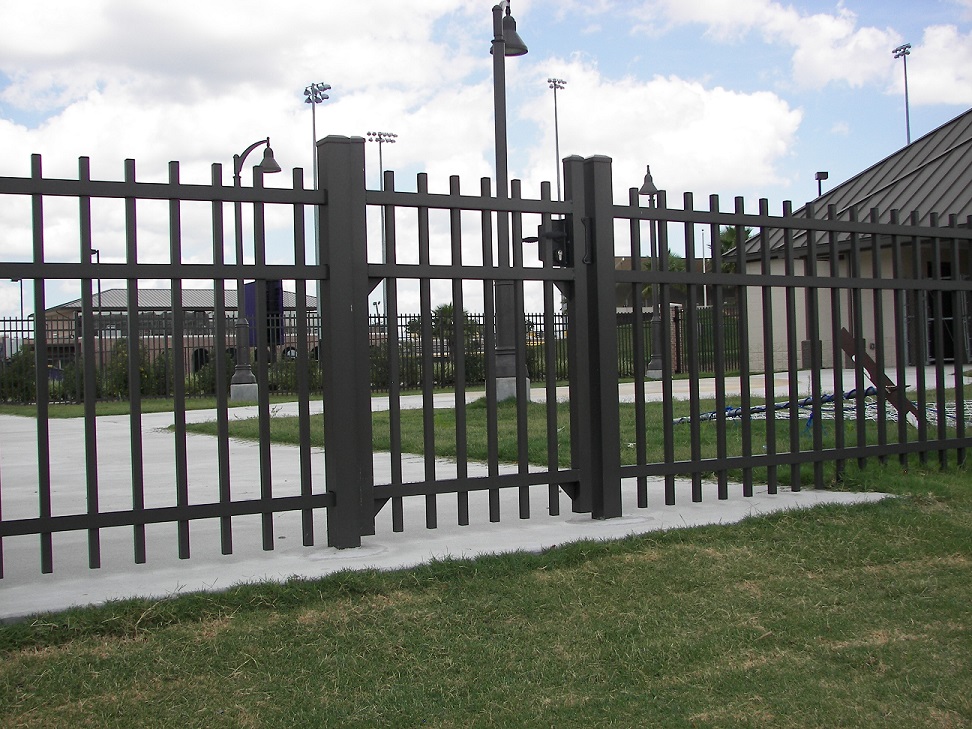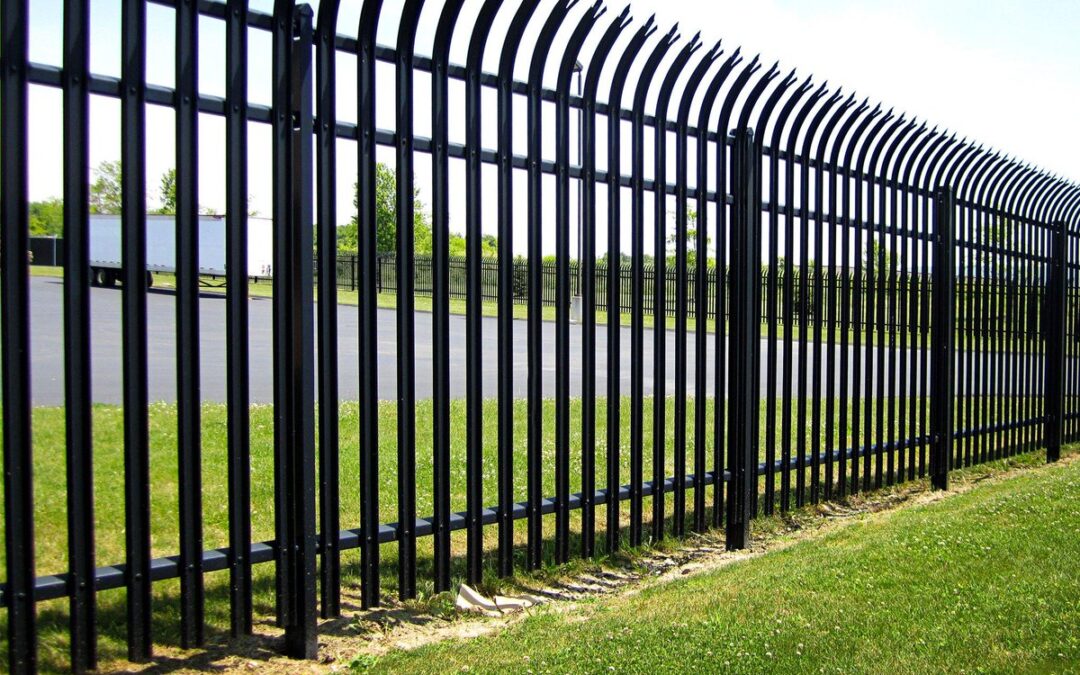Choosing the right type of commercial fence for your property is a critical decision that involves various factors such as security, aesthetics, maintenance, and budget. This article will guide you through the key considerations to help you select the best fencing option for your commercial needs.
Understanding Your Commercial Fence Requirements
Security Needs
The primary function of a commercial fence is to secure your property. Assess the level of security needed based on your location and the nature of your business. High-security areas might require fences that are difficult to climb or cut through, such as wrought iron or chain link fences with barbed wire.
Aesthetics
The fence should complement the architectural style of your buildings and the surrounding landscape. A well-chosen fence can enhance the visual appeal of your property. Materials like wood, vinyl, or ornamental metal offer more aesthetic flexibility.
Privacy
If privacy is a concern, consider options like solid wood, vinyl, or composite fences. These materials can provide a solid barrier, preventing outsiders from viewing sensitive areas of your property.
Noise Reduction
For properties located in noisy areas, a solid fence made of wood or concrete can act as a sound barrier, creating a more pleasant environment inside the property.
Assessing Different Materials
 Chain Link Fencing
Chain Link Fencing
Chain link is a cost-effective and durable option, ideal for securing large areas. It requires minimal maintenance and provides high visibility, though it offers little in terms of privacy or aesthetics.
Wood Fencing
Wood fences offer a traditional look and can be customized for privacy. They require more maintenance to prevent rot, warping, or termite damage.
Vinyl Fencing
Vinyl is a versatile material that mimics the look of wood but requires less maintenance. It’s resistant to weather and pests, making it a long-lasting option.
Wrought Iron Fencing
Wrought iron provides a high level of security and an elegant appearance. It’s highly durable but requires regular maintenance to prevent rust.
Aluminum Fencing
Aluminum fencing is lightweight, durable, and requires little maintenance. It’s a good choice for decorative purposes and is available in various styles.
Composite Fencing
Composite materials, combining wood fibers and plastics, offer the appearance of wood but with increased durability and less maintenance.
Considering Local Regulations and Climate
Compliance with Local Codes
Check local building codes and zoning regulations before choosing a fence. There may be restrictions on fence height, materials, or styles in your area.
Climate Considerations
The local climate can significantly impact your choice. Materials like wood may not be the best in very humid or rainy climates, whereas aluminum or vinyl can withstand such conditions better.
Installation and Maintenance
Professional Installation
Consider hiring professionals for installation to ensure that the fence is securely and correctly installed. This is particularly important for fences that require complex installation, such as wrought iron or concrete fences.
Maintenance Requirements
Evaluate the maintenance needs of each material. If you prefer a low-maintenance option, materials like vinyl or aluminum may be more suitable than wood.
Budget Considerations
Initial Costs vs. Long-Term Maintenance
Balance the initial installation costs with long-term maintenance expenses. Cheaper materials might cost more in the long run due to higher maintenance needs.
Customization Costs
Custom designs and features can significantly increase the cost. Determine if these are necessary for your requirements and budget.
In conclusion, choosing the right commercial fence involves a careful assessment of your security needs, aesthetic preferences, privacy concerns, and budget. Consider the material’s durability, maintenance requirements, local regulations, and climate suitability. By weighing these factors, you can select a fence that not only secures your property but also enhances its value and appearance. Remember, a well-chosen fence is an investment in the safety and appeal of your commercial property.

